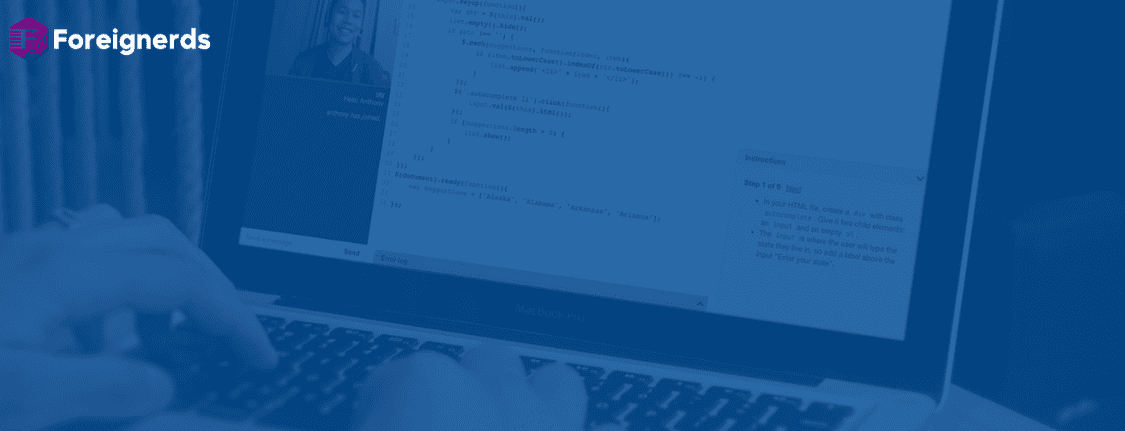Becoming a fintech developer is an attractive career choice due to the dynamic nature of the financial technology industry and its significant impact on the financial world. Here’s a guide on how and why to become a fintech developer:
Why Become a Fintech Developer
- High Demand: Fintech is a rapidly growing sector with a constant need for skilled developers. As traditional financial institutions transition into the digital age, the demand for fintech expertise continues to rise.
- Innovation: Fintech is at the forefront of technological innovation, creating opportunities to work on cutting-edge projects that can revolutionize how people manage and invest their money.
- Financial Inclusion: Fintech can help bring financial services to underserved populations, making a positive impact on society.
- Financial Rewards: Fintech developers often command competitive salaries due to their specialized skill set.
- Diverse Career Paths: The fintech industry offers a wide range of career options, from mobile app development to blockchain technology, allowing you to follow your passion.
Fintech Developer: Languages:
To succeed as a fintech developer, it’s important to be proficient in relevant programming languages, such as:
- Python: Widely used for data analysis, machine learning, and building financial algorithms.
- Java: Used in developing Android applications and for back-end server applications.
- JavaScript: Essential for web development, including fintech websites and front-end applications.
- Solidity: If you’re interested in blockchain and smart contract development, Solidity is crucial.
- SQL: Essential for database management and querying financial data.
Which Skills Do I Need to Learn:
Becoming a fintech developer requires a broad skill set. Here are some key skills to focus on:
- Blockchain: Understanding blockchain technology and smart contracts is crucial, especially if you’re interested in cryptocurrency and decentralized finance (DeFi) projects.
- Public Cloud: Familiarity with cloud platforms like AWS, Azure, or Google Cloud is essential for scalability and data security.
- Security: Develop a deep understanding of security practices, as fintech applications deal with sensitive financial data.
- AI and Machine Learning: These skills can be applied in fraud detection, risk assessment, and customer service automation.
- Data Science: Analyzing and interpreting financial data is central to fintech, making data science skills valuable.
- DevSecOps: Integrating security into the development process is crucial in fintech to protect against cyber threats.
What Kinds of Companies Are Looking for Fintech Devs:
Fintech developers are in demand across various types of companies, including:
- Startups: Many fintech startups are emerging, offering innovative solutions in areas like payments, lending, and wealth management.
- Financial Institutions: Traditional banks and financial institutions are transforming their services by hiring fintech developers to stay competitive in the digital age.
- Tech Giants: Companies like Google, Amazon, and Apple are entering the fintech space, seeking developers to work on projects related to payment systems and financial apps.
- Fintech Companies: Established fintech companies like PayPal, Square, and Robinhood are continually expanding their services, creating job opportunities for developers.
- Consulting Firms: Consulting firms hire fintech developers to work with various clients in the financial industry.
- Regulatory and Compliance Bodies: These organizations require developers to ensure compliance with financial regulations.
Conclusion
Becoming a fintech developer can be a rewarding and exciting career choice, given the industry’s growth, innovation, and potential for financial success. Building a strong foundation in programming languages, security, and emerging technologies like blockchain and AI is essential to excel in this field.
